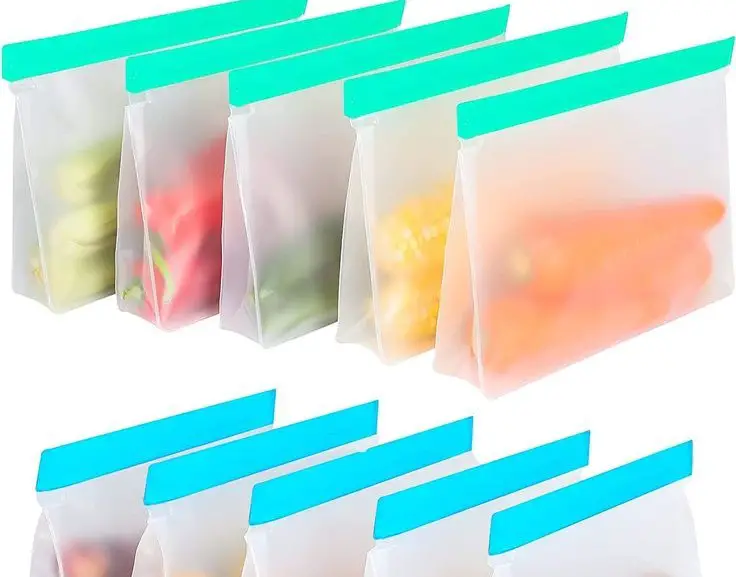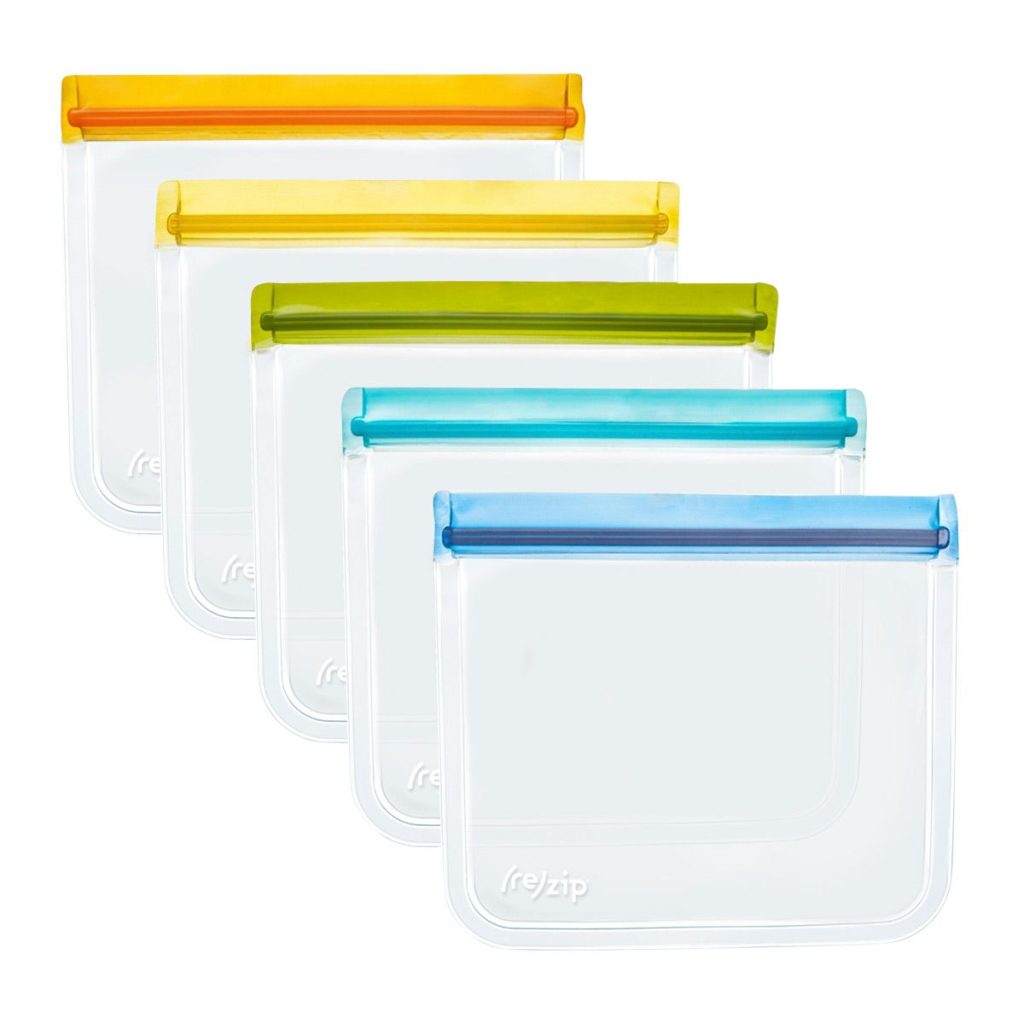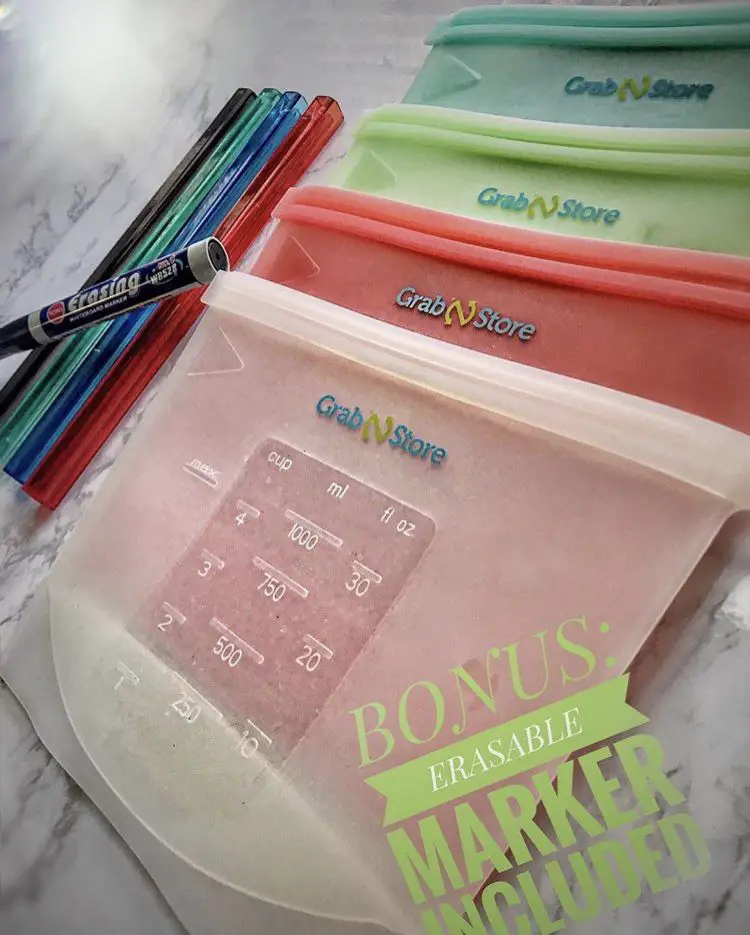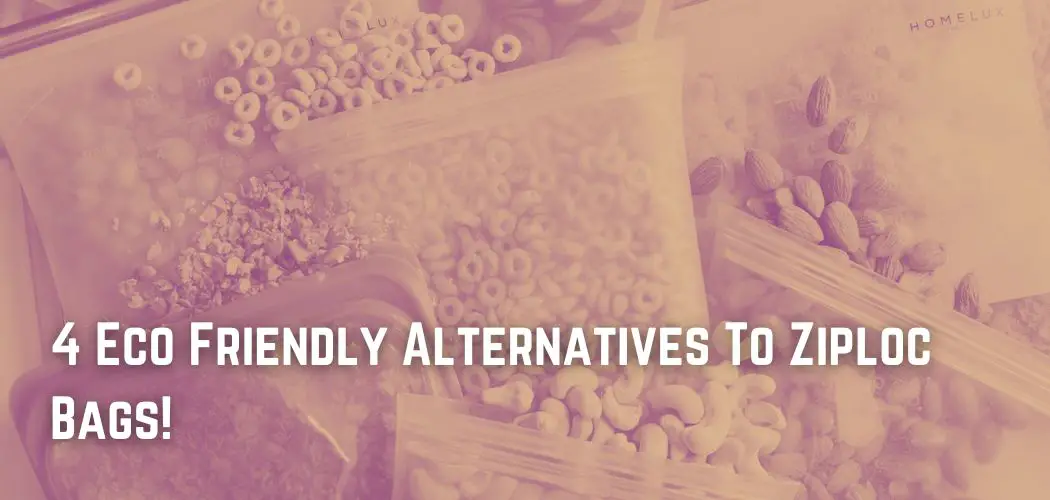Ziploc bags – love them or hate them, there’s no doubting that these flexible, zippered bags are a brilliant idea. In the 1950s, a Dane came up with the idea for the Ziploc bag, which was then improved by two well-known Romanian companies.
By the 1970s, the Ziploc bag was a popular item in the United States for solving food storage concerns. However, Ziploc produced others. These single-use plastic bags are harmful to water, land, and wildlife.
According to the United Nations, more than 8 million metric tons of plastic enter the seas annually, causing harm to birds, turtles, marine animals, and fish that mistake it for food. Not just marine species must be concerned about plastic pollution.
Microplastics have been discovered in places ranging from the Mariana Trench to the summit of Mount Everest, and even in our drinking water.
Since Ziploc bags have been around since the 1950s, there are probably other options out there. Some of these changes may be ones that your grandparents remember fondly, while others offer an eco-friendly alternative to Ziploc bags.
Positive Aspects Of Sustainable Bags
Ziploc plastic bags have only existed for seventy years. If mankind lived without them in the past, so can we. In addition, there are benefits to switching that you may not have considered.

Using reusable and biodegradable Ziploc bags is not only better for the environment, but it can also save you money in the long run.
Although they can technically be used again and again, they are not designed to. Additionally, it might be costly to buy a new box each time you run out.
They are not only more cost-effective but also more durable. Additionally, there is the very real truth that certain sustainable alternatives are simply superior. Ziploc bags are, at the end of the day, simply bags.
They are fragile and likely to leak, and they may not be the best tool for the job. In addition, they are difficult to clean and rapidly collect scents. From stainless steel to silicone, these eco-friendly alternatives to Ziploc make it simple to quit plastic.
Eco-Friendly Cotton Muslins
Check out our reusable organic cotton muslin bags if you are searching for a swap that is both eco-friendly and beautiful. They are also called “reusable produce bags” because they are a great way to avoid using plastic bags at the grocery store when buying fruits and vegetables.
These bags are created from natural materials, so they are biodegradable and machine washable. They are also cute and come in many different colors and patterns, so you can choose one that fits your personality.
You can get organic cotton produce bags on Etsy, at zero-waste retailers, and even in select supermarket stores.
Stainless Steel
If you’re searching for a reusable alternative to Ziploc bags, bento boxes are an excellent choice. These containers are manufactured from stainless steel, so they will last for years.

They are ideal for transporting lunches and snacks. They have many places to put different things, and they don’t leak, so you don’t have to worry about spilling.
Additionally, they are simple to clean; simply place them in the dishwasher after use. And because they are reusable, you will be contributing to trash reduction.
Silicone Bags
Silicone food bags can serve as an alternative to Ziploc bags. These bags are constructed entirely of food-grade silicone, which is safe for your family and the environment.
It is also strong and can be used more than once, which makes it a great choice for people who want to reduce their plastic waste.
As they are airtight, freezable, microwaveable, and dishwasher-safe, these bags are one of the finest solutions for keeping food. These are available in several sizes, including snacks and large quantities.
They also come in an assortment of hues. I really like how sturdy and easy to clean they are. We just place our Stasher bags in the dishwasher and have been using them for years. They are constructed to be durable.
These are readily available at grocery shops and online. Depending on the size, they cost between $10 and $30. Even though it may initially seem expensive, think about how much money you will end up saving in the long run!
Compostable Plant-Based Food Wrappers
If you are searching for a plastic substitute that is vegan-friendly, plant-based food wrappers are an excellent option.

These wraps, made of plant waxes, oils, and resins, are created and maintained similarly to beeswax food wraps, but without the use of animal products.
Moreover, plant-based coverings are disposable and biodegradable. This means that if they end up in a landfill, they won’t give off any dangerous poisons as they break down.
Is Ziploc Biodegradable?
Ziploc bags are not biodegradable, unfortunately. Depending on their composition, they can take anything from several decades to a millennium to degrade.
There is also the idea that plastic never really breaks down, but instead breaks up into tiny pieces called “microplastics.” Marine organisms frequently mistake microplastics for plankton and consume them.
As the fish eat the microplastics, the poisons move up the food chain until they are finally eaten by people. Every day, millions of people use Ziploc bags, so it is essential to be mindful of their environmental impact.

We might not be able to stop using plastic completely, but we can use less of it if we choose sustainable alternatives. Reusable snack bags are a simple and cost-effective alternative to standard plastic Ziploc bags.
Conclusion
If you still have Ziploc bags at home, you will be pleased to learn that they are recyclable. plasticfilmrecycling.org provides sites where they may be recycled.
After getting rid of them, you may concentrate on purchasing eco-friendly alternatives. We can reduce the amount of plastic in our seas and landfills and build a cleaner world by working together.




